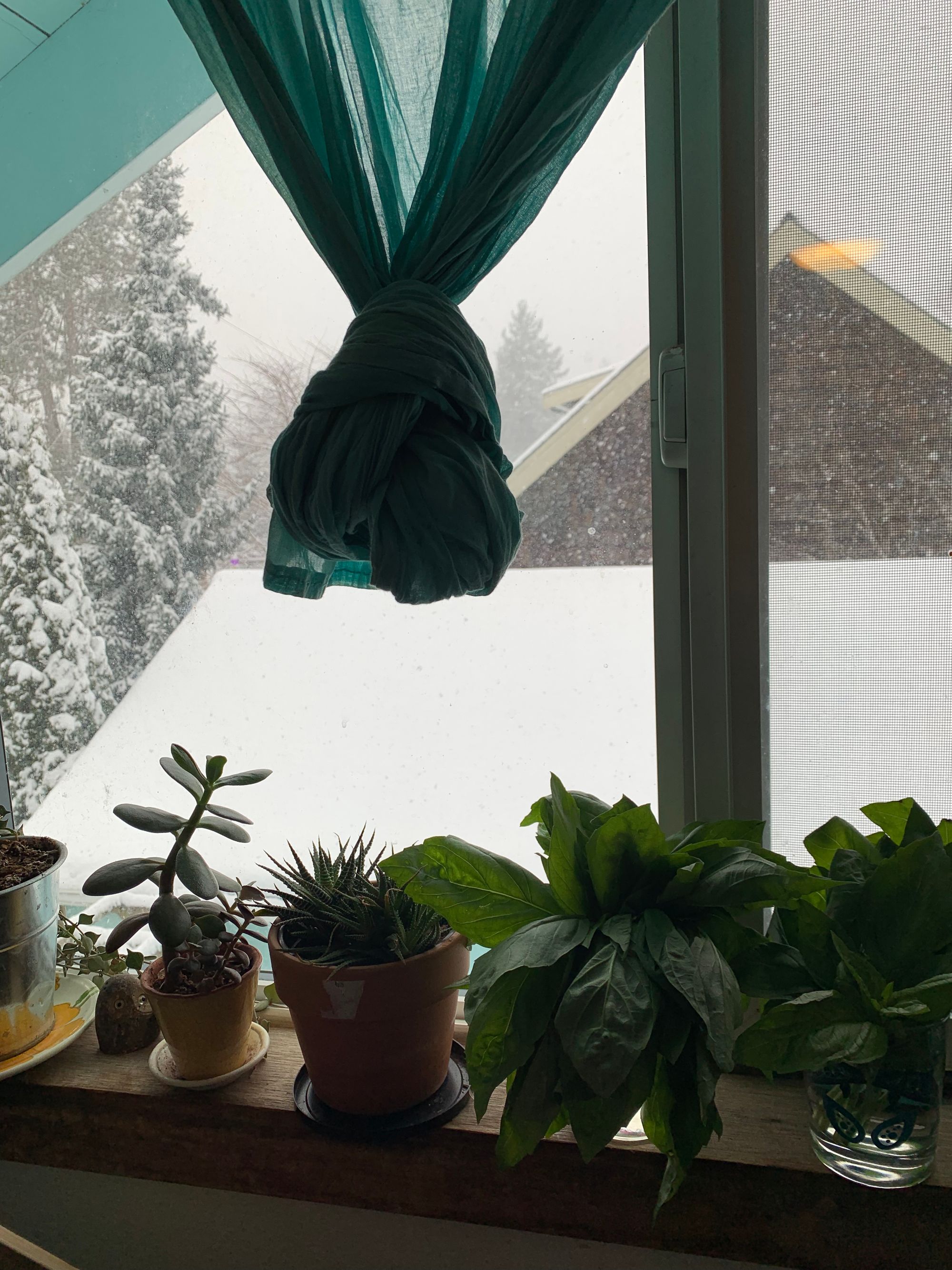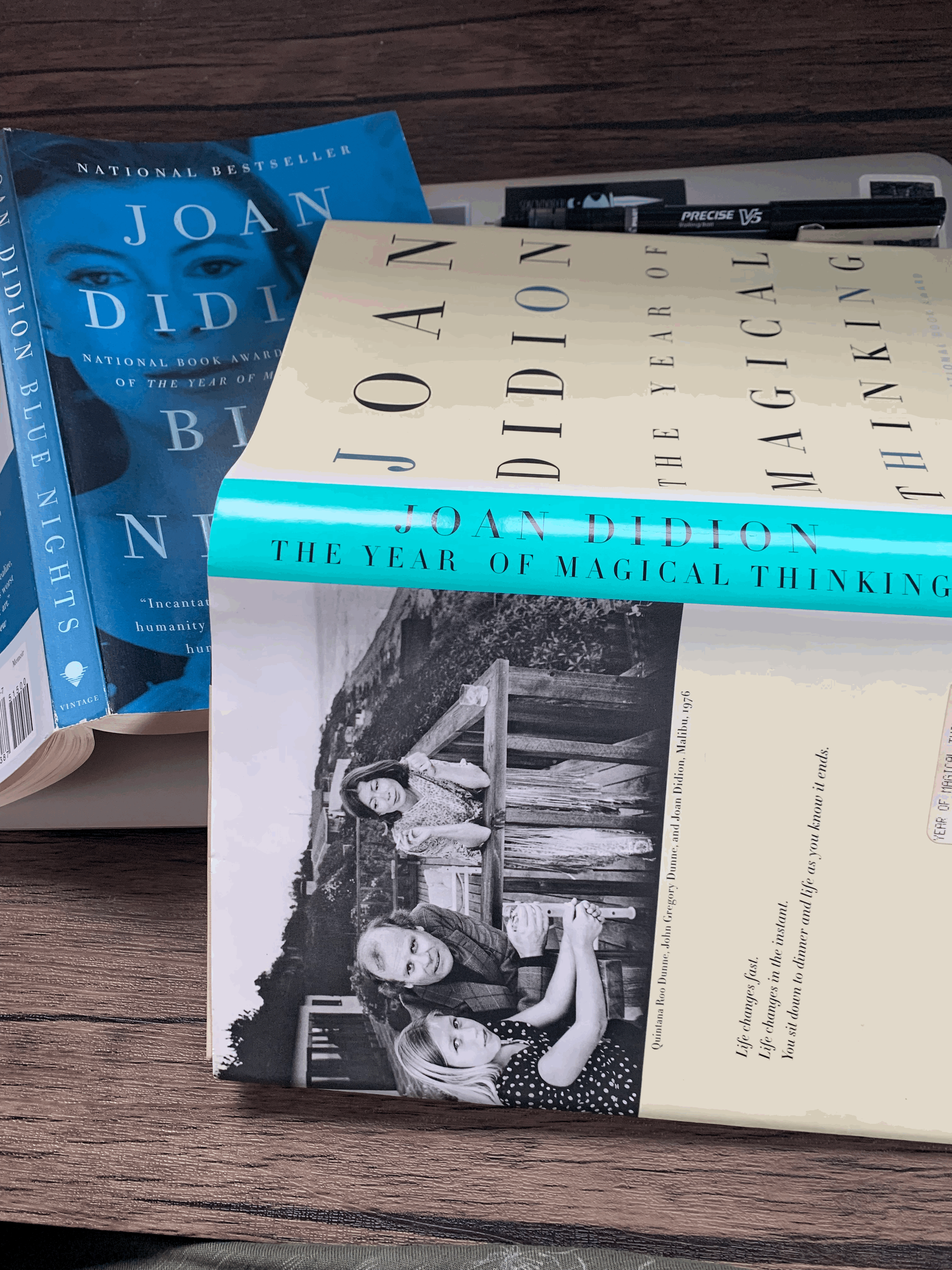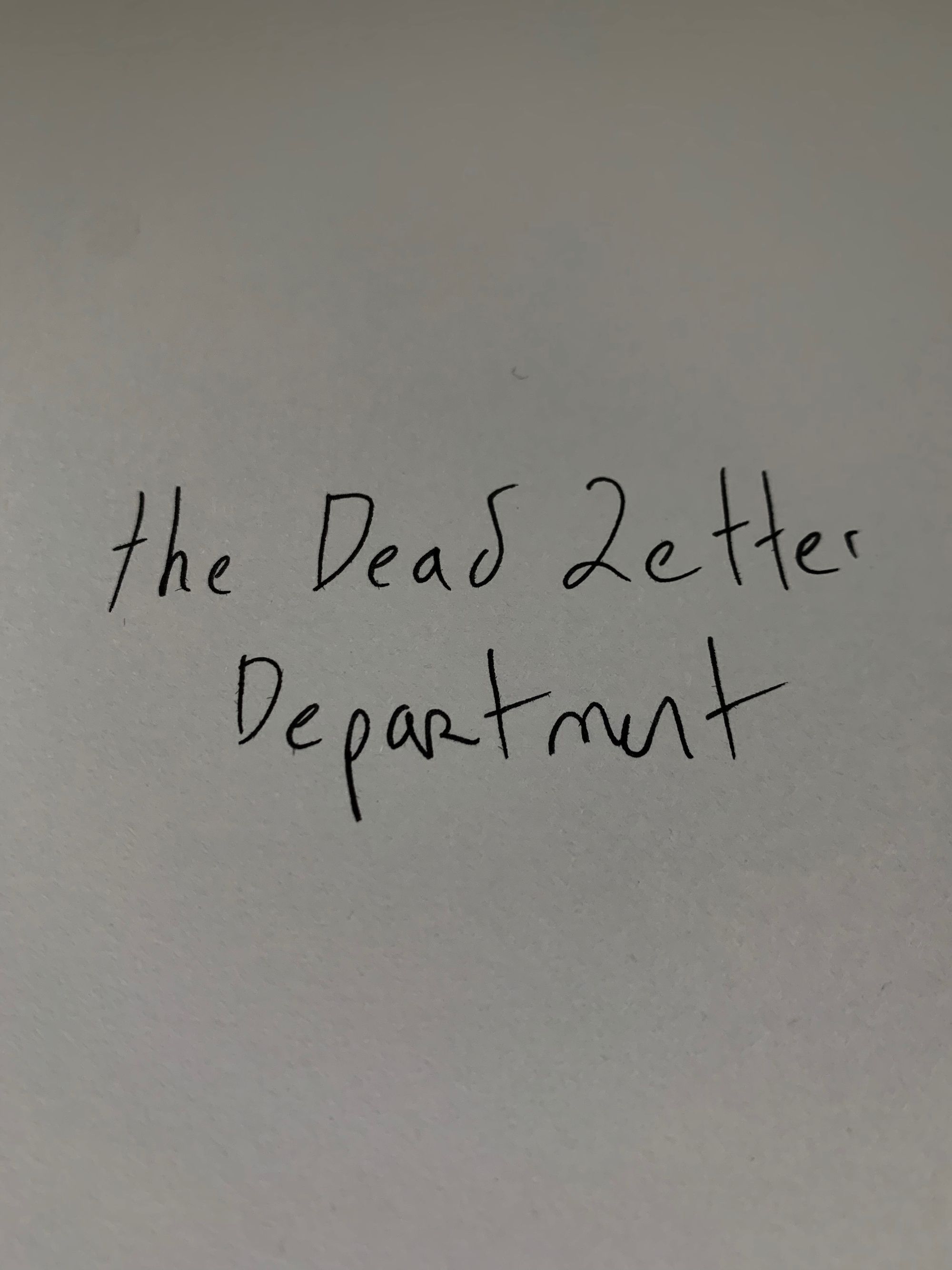Dead Letter Department #23
(did you miss dead letter department #22? to read about alternatives to forgiveness, catch up here!)

weather report
The pipes froze. More specifically, between when I was taking a shower after dinner and when I went to set the tap dripping overnight at the kitchen sink, a pipe froze somewhere under the floor, seizing up the water system for the whole house. I had 18+ plastic gallons of old water in the garage plus a few bottles of fresher stuff fit for drinking, so it was entirely possible to continue drinking and flushing, but dishwashing and bathing ground to a complete halt.
It turns out, to my faint surprise, that I am at any given moment only thirty-six hours away from becoming completely unhinged by lack of access to a shower. I discovered this while standing on a towel in the middle of my living room, washing myself out of a mixing bowl full of water I had just poured out of a kettle. I think this window used to be a little longer, in the days when I still submitted to camping, or indulged in long car travel. It is possible most of my windows of tolerance are substantially abbreviated from what they used to be, after the last couple of years.
I blasted the heat, left every tap to drift, set an oscillating space heater to blow directly at the cabinet under my sink which is so poorly insulated I can sometimes feel a breeze blowing through it, & hoped to either get lucky or come up on the plumber’s waiting list soon. Pipes were frozen & furnaces out all over town. The local forums were full of people begging for information on routes to work, hoping they’d be able to get to their shifts through a foot of unplowed snow because the city appears to have three extremely hard working snow plows & one tired guy with a bucket of sand frantically trying to take care of 30 square miles and 92 thousand people.
I did get lucky, water coming back with a sputtering trickle and then a welcome rush, pipes apparently still intact, & then I got luckier still & went out on Sunday for the first time in days, went from grocery store to grocery store in an unimaginative fugue state, trying to prepare in case it happens again. What did I decide the necessary extra supplies were to get me through these cold, impassable days? Castrel vetrano olives & twelve kinds of cheese, obviously, so if you live nearby & have made more rational choices maybe we can set up some kind of barter system during the next storm. I’ll tromp over & trade you a tupperware of olives for whatever more sensible items you’ve got to offer.
Last night it rained, sluicing the roofs & roads clear, leaving a few streaks of snow on the grass, a bit of slush in the driveway, & the vague feeling that the snow’s chokehold on everything had been, in retrospect, not entirely real, a shared hallucination, an environmental overreaction. After work today I’m going down to the bay—it’s been days since I’ve seen the water & I want to make sure it’s still there.
reading room

I’ve been thinking a lot about Joan Didion, whose writing I love, whose writing I have loved for decades. I don’t know if it was a novel I picked up first or one of the carefully cut out New York Review of Books clippings my dad would send me while I was away at school (still sends me, now & then), but she has to some degree always been there, with her perfect sentences & her enviably minimalist packing list. There’s a strange thing that happens when you love an author as famous as Didion who has also been compressed the way pop culture inevitably does, her work stamped into an unchanging aesthetic, her name used as a shorthand for something I’m not entirely sure she actually represents. I get a little prickly about it, almost embarrassed, wanting to over-explain the reasons for my long-standing attachment while simultaneously making you read Myriam Gurba’s excellent essay about taking California back. I want to hedge my bets, put a little scaffolding of explanation around my affection.
Didion’s writing never bothered with any of that. It did not hedge its bets. It did not footnote & over-explain. It was always sparse, sharp to the point of being lacerating. I read it & it lingers, the content & the cadence. It does something important to my mind.
Each of the moves before I landed at my current & longest standing apartment left a trail of unpackable books. I remember having boxes of them in the kitchen I was leaving to move out west, offering stacks to anyone who visited our apartment because I couldn’t fit a single additional thing into the Toyota Echo that was going to be trundling all of my possessions from coast to coast. All of which is to say a number of my original copies seem to have vanished into the years since I first got them, probably shed between one house & another while I stood over a big pile of books & tried to decide was was necessary. At the time Didion did not seem necessary.
Now she does. All I had on hand were the memoirs so I re-read those between Christmas & New Year’s, The History of Magical Thinking & Blue Nights, one after another. I do not recommend this, should you be thinking of making a similar choice. Give yourself a rest stop between them, pull off somewhere else for a while. Otherwise the weight of grief suspended on sharp, spare style, perfectly expressed to the point of formality & yet somehow also profoundly exposed, might be too much to bear.
I am unspeakably envious of people in daily creative partnerships: songwriters working together, painters in the same studio, functional literary marriages, John Dunne & Joan Didion at separate typewriters in adjoining rooms for forty years, getting up in the morning to walk in Central Park (taking separate routes, because they did not like the same views, but meeting to go home again), flying from one California city to another just to have dinner together when she was teaching at Berkley, just so they did not have to be separated quite so long. Didion says:
“I could not count the times during the average day when something would come up that I needed to tell him. This impulse did not end with his death. What ended was the possibility of response.”
I’m essentially going backward through her life, starting at the end & then, as the books start to arrive from my various Biblio orders, jumping farther & farther into the past. Maybe the secrets to artistic partnership are hidden somewhere in the essays & I’ll find them as I go.
write back
If you like the newsletter, please share it with a friend. Write me back at departmentofdeadletters@gmail.com. I hope to see you here at the Dead Letter Department again soon & in the meantime may you have more than enough olives on hand.
